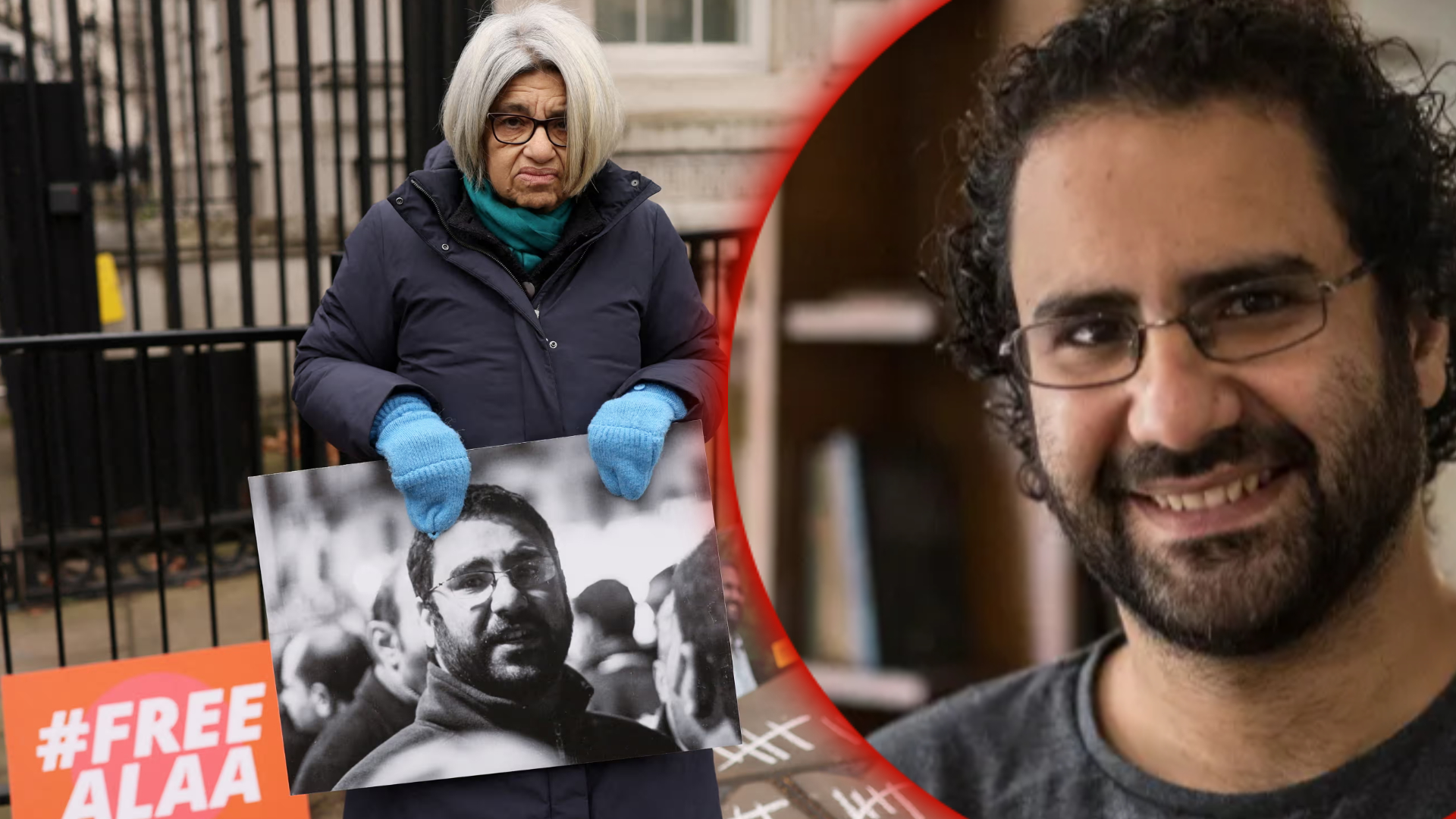
Soueif, 69, began the strike in September 2024 when Abdel Fattah, an Egyptian-British dual national, was due to be freed after serving five years in prison for “spreading false news” but was never released.
Her daughter, Mona Seif, said Soueif was now in hospital beginning a medically supervised process to reintroduce her to nutrition.
“Yesterday, my mother told me she decided to end the hunger strike and will start the necessary medical procedures with the doctors,” Seif wrote on social media.
“We are not out of danger yet,” she said, adding doctors had warned of the risks of ending prolonged fasting, including a potentially life-threatening condition known as refeeding syndrome.
Soueif consumed sugar cubes on Sunday to symbolically mark the end of the strike, according to her other daughter, Sanaa Seif.
Abdel Fattah, 43, was a prominent figure in Egypt’s 2011 uprising, and has spent most of the past decade behind bars under successive governments.
He was most recently arrested in 2019 and sentenced to five years after reposting a Facebook post about police brutality.
Abdel Fattah began a partial hunger strike in March in solidarity with his mother after she was hospitalised with dangerously low blood sugar.
He is currently consuming only herbal tea, black coffee and rehydration salts.
His sister Sanaa said last month that he had lost 29 percent of his body weight during the hunger strike.
In May, a United Nations panel of experts described his detention as arbitrary and called for his immediate release.
Despite diplomatic efforts, including conversations between UK Prime Minister Keir Starmer and Egyptian President Abdel Fattah El-Sisi, his case remains unresolved.
Since 2022, Sisi’s administration has released hundreds of detainees and pardoned several high-profile dissidents, including Abdel-Fattah’s lawyer, but the activist himself has been repeatedly excluded.
maf/smw
© Agence France-Presse






